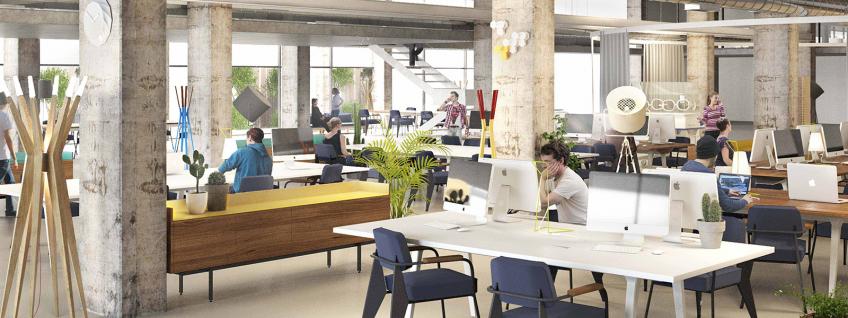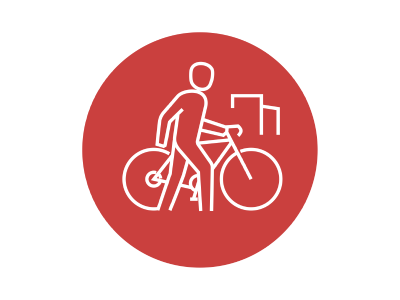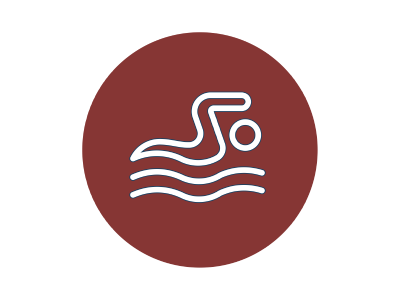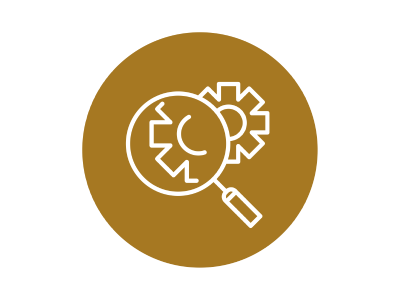In 2015, the UN and over 150 heads of state and government met at the historic World Sustainable Development Summit and approved the 2030 Agenda on Sustainable Development, which includes everything from poverty eradication to the fight against climate change, education, women's equality, environmental protection or the design of our cities.
At La Salle, on a worldwide level, and from the Barcelona Campus as a founding member of the Ramon Llull University, we assume the responsibility of working to meet the Sustainable Development Goals (SDGs).
As a University, we are part of the Catalan Network of Healthy Universities (US.CAT) since 2016 and we participate in the Vives Forum of Healthy Universities of the Vives Network, which has defined a joint work plan. We also collaborate with the CRUE-Sustainability Sector Commission, which has 9 working groups that gather the experience of the universities in environmental management and occupational risk prevention, and which regularly carries out seminars, studies and reports so that the universities can incorporate them.
2030 Agenda working group
In addition, our University participates in the new 2030 Agenda working group, created by the Inter-University Council of Catalonia (CIC), which was created with the aim of defining a joint strategy of the Catalan university system in order to achieve the SDGs defined by the 2030 Agenda and internationally position the Catalan university system in this strategic area.
Among the different initiatives led from the campus, we have set up a work team to integrate and promote new projects that allow us to rethink our campus in the city of Barcelona as an intelligent, sustainable and connected natural space, designed to improve the educational experience of our students and improving the quality of life for all members of the community: students, educators, researchers and entrepreneurs, as well as visitors.
La Salle-URL Smart Campus
A project in which, through the application of new technologies, work is carried out on the adaptation of all campus infrastructures (classrooms, laboratories, incubators, research infrastructures, common areas, services, student residence, fitness center, gardens ...) so that they are sustainable and environmentally friendly spaces. But it also includes projects of awareness, training, innovation, research and technology transfer in a cross-sectional way between the four areas of knowledge on campus: architecture, business, engineering and art and animation.

 Smart Classroom & Smart Laboratories
Smart Classroom & Smart Laboratories Smart Facilities
Smart Facilities Smart mobility
Smart mobility User profiling
User profiling Health & Fitness
Health & Fitness Research and innovation projects
Research and innovation projects Smart & Sostenibility Entrepreneurship
Smart & Sostenibility Entrepreneurship Training and awareness programs
Training and awareness programs